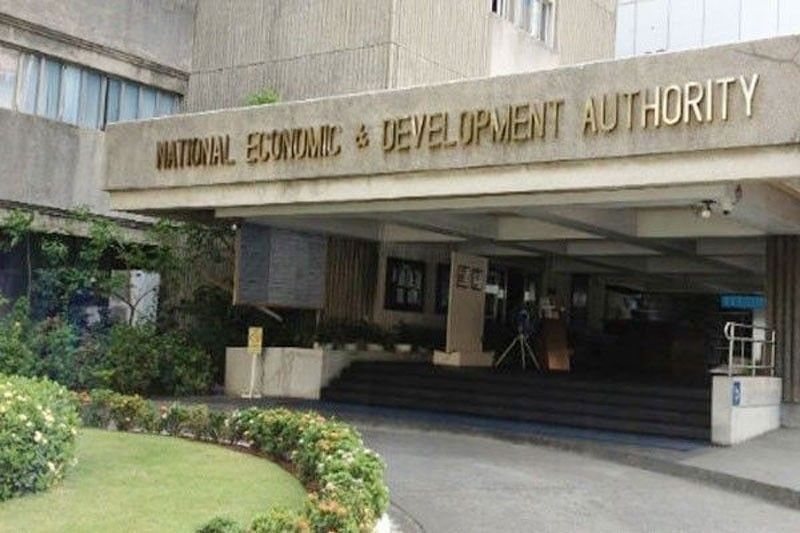SDGs to be integrated into budgeting process

MANILA, Philippines — A sub-committee for monitoring progress on the Sustainable Development Goals (SDGs) has been created under the inter-agency Development Budget Coordination Committee (DBCC), the National Economic and Development Authority (NEDA) said yesterday.
The sub-committee essentially integrates the attainment of the globally committed SDGs into the budgeting process by way of reviewing SDG-related programs and policies and submitting recommendations to the Cabinet-level DBCC.
Socioeconomic Planning Secretary and NEDA chief Ernesto Pernia said the creation of the sub-committee strengthens the linkage of development priorities to resource allocation.
“The budgetary process presents a good mechanism to support integration of the SDGs. Strong policy integration and alignment of resource allocation with the country priorities on the SDGs will help create an enabling environment for sustainable development,” he said.
Two undersecretaries from the Department of Budget and Management (DBM) and NEDA will co-chair the sub-committee, with members from different key government agencies.
Major outputs of the sub-committee include advice on policy integration and resource allocation, SDG-related reports such as the Voluntary National Review, monitoring of programs for the SDGs, and stakeholder engagements. Turn to B4
Pernia said this support to the SDGs is part of the government’s goal to gear all development plans toward the realization of AmBisyon Natin 2040 which envisions, within a generation’s time, a predominantly middle class country.
“We are committed to the SDGs because it is the key to ensure that current and future generations of Filipinos achieve their AmBisyon (ambition),” he said.
SDGs pertain to the set of 17 aspirations laid down by the United Nations and agreed upon by various states to end poverty, fight inequality and injustice, and address the effects of climate change by 2030.
Last July, the Philippines reported progress in several SDGs especially those pertaining to education, employment, inequality, and peace and order.
NEDA presented the results of the country’s second Voluntary National Review (VNR) on the SDGs before the United Nations during the 2019 High-level Political Forum (HLPF) on Sustainable Development in New York City.
Pernia reported to the UN that the Philippines also showed progress in terms of improving access to education for vulnerable groups, the result of the institutionalization of key education inclusion programs as well as initiatives led by non-government organizations that train and deploy teachers to public schools in far-flung areas.
He also noted that key reforms that have been instrumental in reducing inequality in the country. Other than the Conditional Cash Transfer Program of the government, he highlighted the recent passage of the Expanded Maternity Leave Law, which expands maternity leave benefits from 60 to 105 days, and thus should lower the gap between male and female labor force participation.
On climate action, he reported that while the Philippines still ranks among the most vulnerable in the world, there has been a reduction in persons directly affected by disasters—from 846,000 in 2015 to 682,000 in 2018. This, he said, was brought about by government-academe partnerships for climate action initiatives.
On peace, justice, and strong institutions, Pernia drew attention to the ratification of the Bangsamoro Organic Law, which was the result of cumulative initiatives aimed at addressing the long-standing conflict in Mindanao. He also mentioned that the Philippine Identification System, which should help facilitate marginalized sectors’ access to government assistance, is now being implemented.
- Latest
- Trending



























